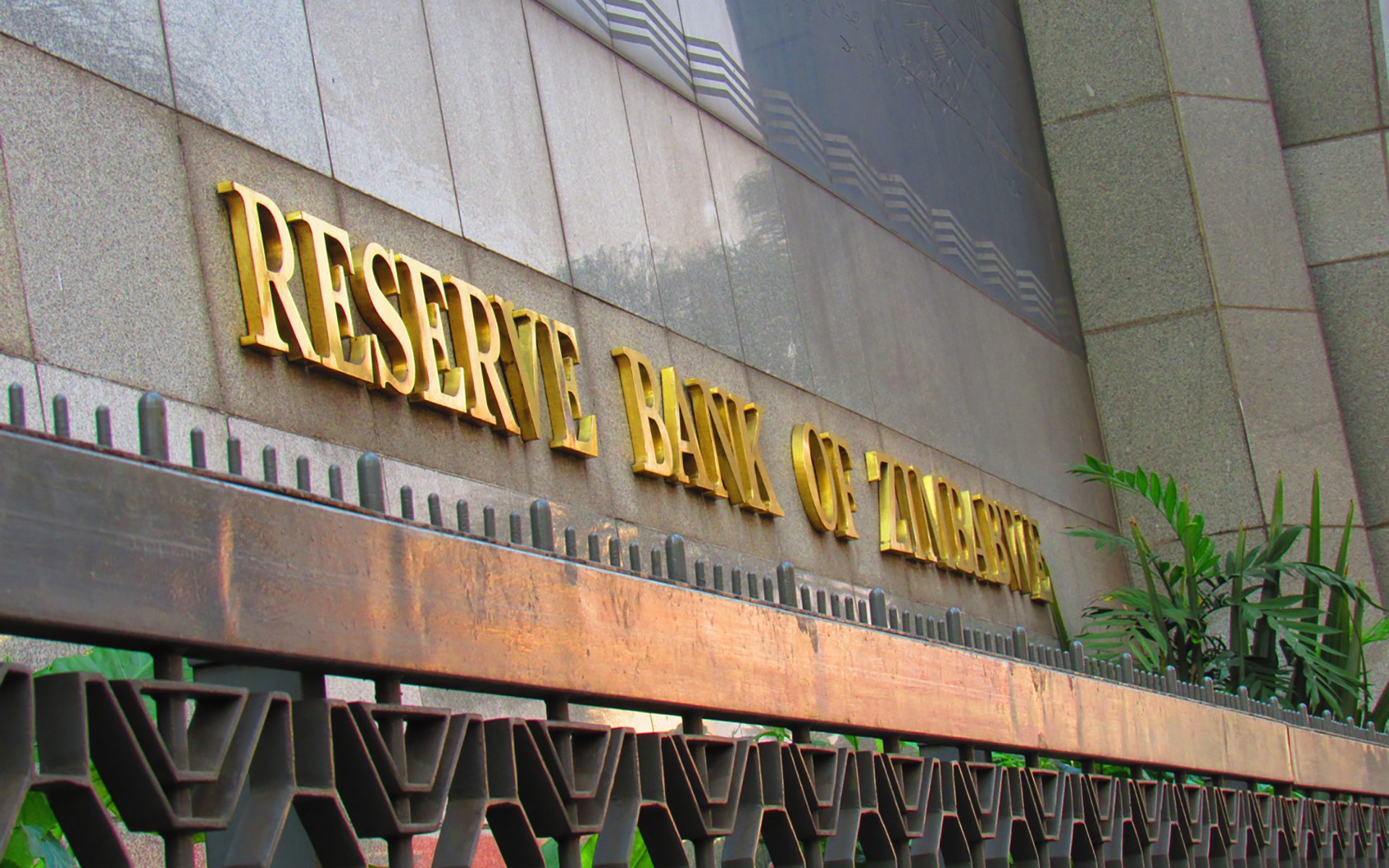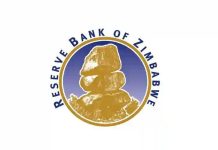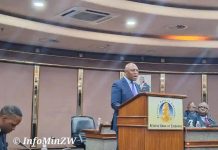The Reserve Bank of Zimbabwe (RBZ) should work on the supply side of the economy to enable the country to inject significant amounts of foreign currency into productive sectors, analysts have said.
The RBZ this week directed that a priority list for foreign currency payments be adhered to with immediate effect to ensure that foreign currency resources are channelled to the productive sectors of the economy in light of the Covid-19 pandemic.
“Reference made to various economic measures implemented by the bank to sustain company operations and ensure quick resuscitation of economic activity during and post the Covid-19 pandemic,” RBZ exchange control director Farai Masendu said in the new RBZ Exchange Control Circular No.5 of 2020 to Authorised Dealers and Bureaux de Change.
“Accordingly, and consistent with Exchange Control Circular No. 3 of 2020, authorised dealers and bureaux de Change are advised that the attached priority list for foreign currency payments shall apply with immediate effect to ensure that foreign currency resources are substantially channelled to the productive sectors of the economy in light of the Covid-19 pandemic.”
“Compliance with this requirement is critical to ensure that the economy responds positively to the enhancing of production in the country,” Masendu said.
However, economist and Zimbabwe National Chamber of Commerce chief executive Christopher Mugaga believes the central bank should focus its energies on enhancing the supply side framework of the economy.
“Using a prescriptive model to channel forex is a major challenge, especially in the post-Covid-19 era” Mugaga said.
“The circular by the RBZ is much ado about nothing. It is nothing new. It is a reminder of the failed priority list it had. They should spend more time and energy on supply side management rather than the demand model management. You cannot be spending time deciding what to do with other people’s money.”
Business consultant Simon Kayereka said the order will have very little impact insofar as the injection of forex into the productive sector is concerned.
“The bureaux de change will give it to the highest bidder because they are there to make money,” Kayereka noted.
He said the central bank has failed to lead by example in the allocation of forex as evidenced by the cartels in the market which have corrupted forex dealings.
“The order is too little too late, the horse has already bolted from the stable,” Kayereka said.
Meanwhile, the RBZ Monetary Policy Committee met last week, according to a statement from central bank governor John Mangudya yesterday.
The committee, he said, resolved to reduce the bank policy rate from 25% to 15% per annum with effect from tomorrow with banks expected to follow suit and also reduced the interest rate applicable to the Medium-Term Bank Accommodation (MBA) facility from 15% to 10% per annum with effect from tomorrow.
The MBA facility, Mangudya said, has been increased by ZW$500 million to bring it to ZW$3 billion with an additional ZW$2 billion being raised from the market through money supply neutral financial instruments to augment the MBA facility to ZW$5 billion. Mangudya said banks are encouraged to on-lend at interest not exceeding 20%.






